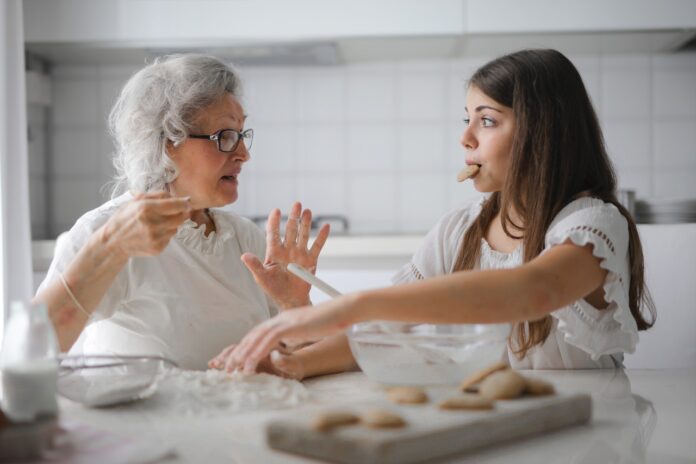
The population of the United Kingdom and many other developed countries is steadily ageing. The charity Age UK estimates that there will be 21,000 centenarians in the UK by 2030, and that one in five people will be aged 65 or over by that year. This is due to a combination of factors including lower birth rates and increased life expectancy, and by necessity, brings with it many changes and issues to be addressed.
One important factor to consider is the housing situation. This is important because living independently becomes more challenging in later life, and people’s housing needs change as they get older. Here is an overview of the most common living arrangements for elderly adults.
Living at home
Government surveys suggest that living at home is still the most common situation for elderly adults in the UK. For example, in 2018-19, 6.9 million households in England were led by an adult who was aged 65 or over. Of these, 45% lived alone and 42% consisted of couples with no children. This means that over 3.1 million people aged 65 and over lived alone in the UK in 2018-19.
There are several potential reasons for this, including a reluctance to leave the family home, financial issues, and a shortage of available care homes and similar facilities. Although living independently can have many benefits for older people, it also brings with it increased risk. This includes a higher likelihood of social isolation, difficulty conducting maintenance on the property, trouble completing household chores, and concerns around safety.
Care homes
According to Statista, there were 17,598 care homes across the UK in 2021, and the government estimates that in 2021-22 there were 360,792 care home residents in England, 33,353 in Scotland, and 24,178 in Wales. There are many reasons why people might choose to move into residential care facilities or nursing homes, including medical necessity, the social benefits, access to key facilities, and to get assistance with daily tasks such as cooking and washing.
Care homes sometimes get a bad reputation in the media; however, the reality is very different. These institutions provide high-quality care and support to residents, helping with everything from laundry to getting dressed, in addition to running a packed schedule of social activities and events. As an example, the Signature care home in Epsom boasts a restaurant, café, lounges, a library, a hair salon, a cinema and therapy rooms. They host visiting entertainers, offer day trips to nearby places of interest, run arts and crafts workshops, and have special exercise classes for the elderly.
It’s estimated that 70% of people living in care homes have cognitive decline or some other type of severe memory problem. This indicates just how important this option is for those who suffer from such conditions. Specialist care homes looking after people with such ailments offer dedicated support for their residents, including having specially trained staff, safe and homely living environments, stimulating wellbeing programmes, and even carefully curated background music.
With the UK population continuing to age, it is likely that residential care facilities and nursing homes will become increasingly vital for ensuring that older people get the support they require in their twilight years.
Help keep news FREE for our readers
Supporting your local community newspaper/online news outlet is crucial now more than ever. If you believe in independent journalism, then consider making a valuable contribution by making a one-time or monthly donation. We operate in rural areas where providing unbiased news can be challenging. Read More About Supporting The West Wales Chronicle






















